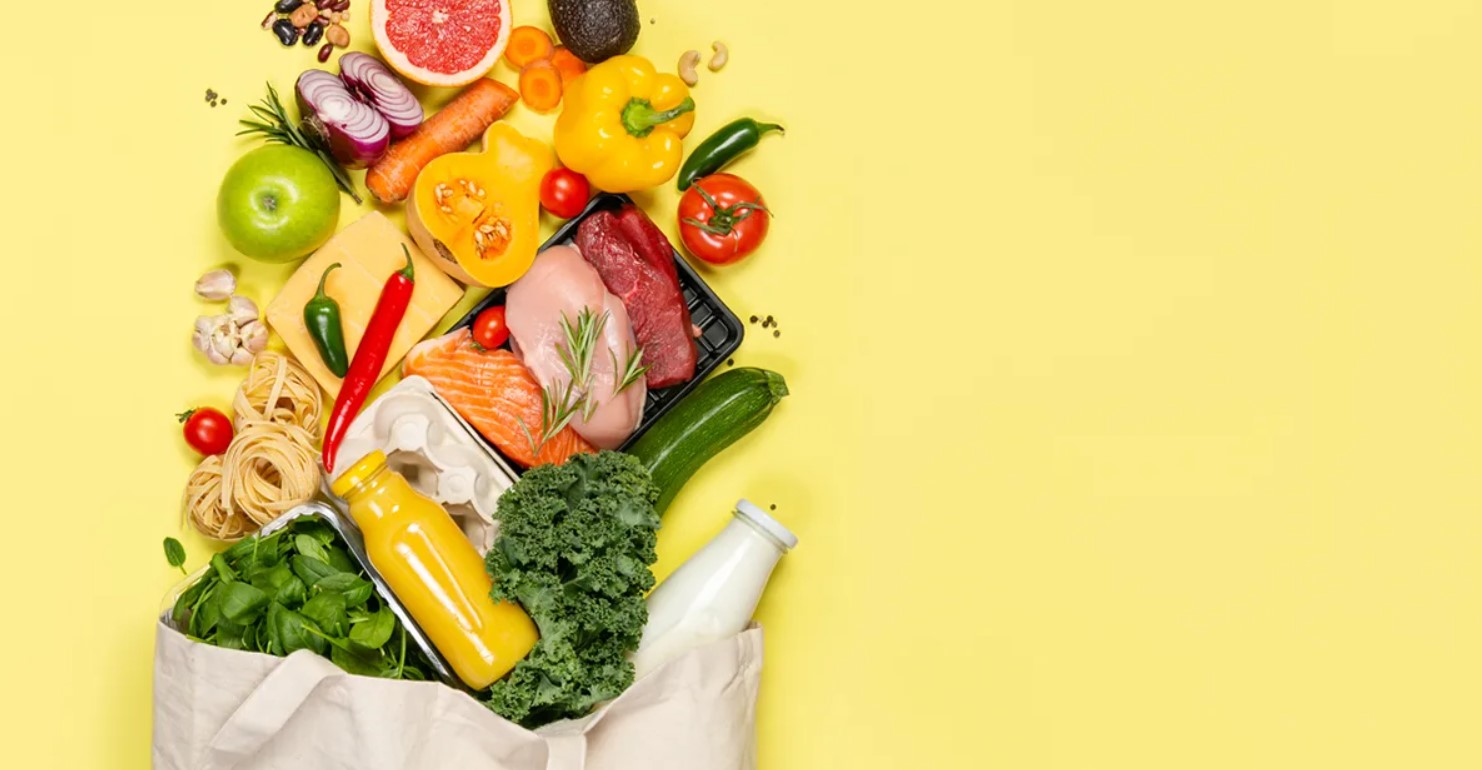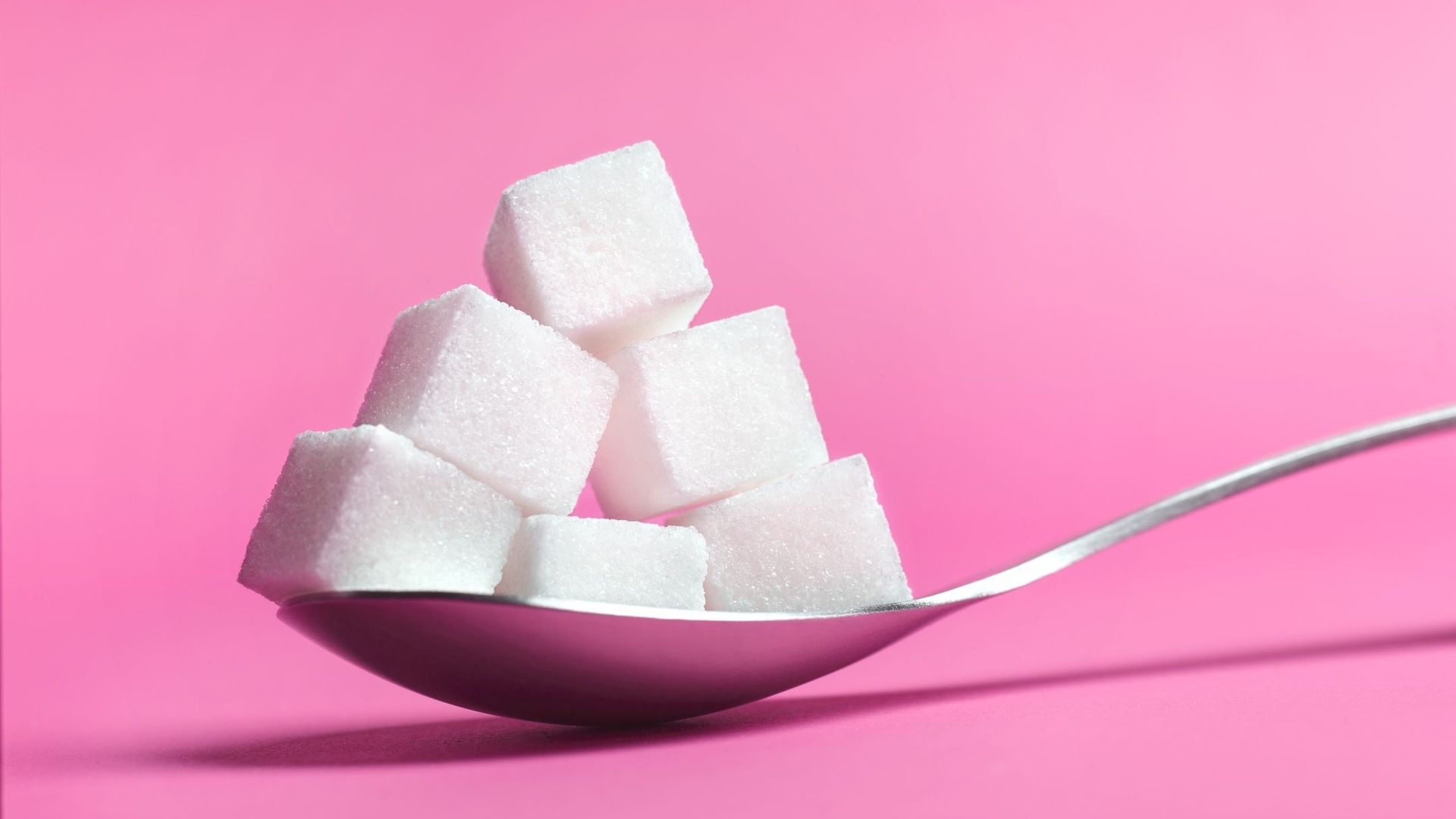The Dubious Benefits of Organic Foods
Reacting to the growing popularity of “organic farming,” whose proponents believe that products grown without the use of “chemicals” (called organic or “organic products”) are better than “conventional” both economically and environmentally, I present you this material with a breakdown of the most common arguments in favor of organic.
The U.S. Department of Agriculture, which oversees all foods labeled “organic,” states quite clearly on its website: “Department regulations are not intended to evaluate the safety of food or the presence of nutrients in it. Food labeled “organic” must meet certain standards and requirements, but does not have to contain certain amounts of nutrients or have certain safety characteristics. Nevertheless, many consumers believe that the “organic” label means that the food is more nutritious and safer, in particular due to the absence of pesticide residues. However, this is not the case. Studies show that the amount of nutrients in crops grown “organically” and conventionally is about the same.
As for safety, when people hear the word “pesticide,” they imagine something terrible in terms of toxicity to humans and the environment. In fact, modern agriculture uses an integrated set of methods to use harmless pesticides that
are virtually non-toxic to humans. Organic farmers also use pesticides, which, with few exceptions, are considered “natural”. However, this does not guarantee the safety of “organic products” because “natural” includes many of the most toxic chemicals.
Environmental Idealism
I have always been concerned about the impact of man and, in particular, of agriculture on the environment, for it is this that leaves the greatest “footprint” on the earth. I have spent a lot of time reading scientific literature on agriculture and the environment. Some of the ways of farming on “organic farms” are very good for the environment, but they are also used by the most advanced “conventional” farmers. In addition, there are some very environmentally friendly methods which are difficult to use on “organic farms” (e.g. no-till farming, nutrient inputs through irrigation). Compost, the main fertilizer on “organic farms”, leaves a strikingly large carbon footprint due to methane emissions. The carbon footprint of “synthetic” fertilizers is much smaller.
From an environmental perspective, the biggest problem with “organic farming” is that it requires much more land to achieve the same level of production. If organic production were not niche, but mass production, this difference in yields would bring serious environmental problems. I prefer to buy food grown on farms by “economical use of land.”
Ethical issues
“Organic food” is the “superbrand” behind everyone who sells it. Unfortunately, there are several major players (and the community groups they sponsor) among the market producers of organics who spread scaremongering misconceptions in order to demonize “conventional” food. Such methods allow them to increase sales of “organic products”.
One of the most egregious cases is the “Old McDonald/New McDonald” video, which was produced with funds from Only Organic, an association of major organic sellers. This bizarre promotional video involves children: they show a totally distorted view of traditional agriculture. I view this video as “hate speech for profit”. Another example is the “Organic Working Group” sponsored by “organic” producers, which grossly distorts transparent public data from the Department of Agriculture on food safety and turns it into a “dirty dozen list” that is necessary to increase organic sales. These are all the most radical cases, but this kind of propaganda benefits the entire “organic
food” sales community, which is silent and does nothing to debunk the “convenient myth” that “organic” means “pesticide-free.”
The Misconception of Clean Eating
While in some parts of the world people are dying of food shortages, the “anxious and fed” are increasingly consumed by the idea of so-called “clean eating”.
It’s nothing new, but as with other cultural phenomena, it is gaining momentum thanks to the easy dissemination of false information on the Internet. If you care about your health (though who doesn’t care about it in some way) your anxiety is fueled by constant diets whose authors – pseudo-experts, fraudsters, and Internet activists tell you that everything you eat has a negative effect on your health.
This phenomenon is increasingly being recognized by experts as a serious health problem. In 1996, Dr. Stephen Brettman suggested calling it a disorder of orthorexia nervosa. Here’s what he writes:
For people with orthorexia, healthy eating has become an extremely powerful, compulsive, psychologically limiting and sometimes even physically dangerous disorder that is related to, but quite different from, anorexia.
In essence, orthorexia is an unhealthy fixation on healthy eating. Many parallels can be drawn between it and anorexia, which is an unhealthy obsession with controlling one’s weight. As Brettman himself points out, and I want to emphasize again, there is a spectrum of conditions from a healthy preoccupation with what you eat, on the one hand, to an unhealthy if not delusional obsession with strict dieting, on the other. However, this should not be taken as an attack on veganism and vegetarianism, which are based on a combination of medical and ethical principles.
What is Clean Eating?
In practice, “clean eating” implies that one must eliminate from the diet all the newfangled food bogeymen from the world of the pseudoscientific dietary advice industry. Today, this list often includes the following principles: eat organic, avoid GMO foods, gluten, “all kinds of chemicals,” eat “natural,” which implies many things, but most often it means avoiding semi-finished foods and food additives, and sometimes a commitment to raw food.
It is important to note that none of these food beliefs have any scientific basis. After 50 years of research, there is not a single piece of evidence that organic food is healthier. After 20 years of research, there is not a single piece of evidence that existing GMO foods can cause any harm to health.
Hand in hand with this scare is the myth of harmful “chemistry,” which, of course, is a very naive position given that everything is made up of chemical elements. Water is chemistry (H2O). You can call the simplest substance a long chemical formula, and it will sound intimidating, giving rise to popular memes in which the contents of bananas and blueberries have been painted with frightening chemical terms.
To avoid the “Food Virgin” level of ignorance on the subject (“if you can’t pronounce it, don’t eat it”), some draw a line between natural and synthetic chemicals. However, this is a false opposition. How much does it take to process or modify a natural chemical before it becomes synthetic? There is also no reason to believe that chemicals found in nature will be healthier than their synthetic counterparts. This is just another manifestation of the naturalistic fallacy.
There are valid reasons to worry about excessive consumption of processed foods because they are high in sugar, fat and/or salt. But this says more about trends in the food industry than anything inherent in processed foods versus consuming food prepared on its own from scratch. In this case, it’s very helpful to read labels and have food industry representatives provide more accurate information and more healthy alternatives. But avoiding processed foods is no guarantee of a healthy diet either, as there are plenty of other sources of excess fat, sugar and salt.
The Psychology of Clean Eating
If pure nutrition is not based on scientific evidence, then what is? I am not going to discuss alleged mental illness, as there is still a debate and no consensus. Instead, I will voice the results of my observations on broader cultural trends, partly from the perspective of a physician.
Clean eating, I suggest, is a kind of obsession with cleanliness. It is closely related to an emotion such as disgust, which has evolved to make us avoid potentially dangerous food or water, as well as infectious diseases and actual poisons. However, this emotion can turn into a disorder.
This desire for cleanliness has merged with two other psychological phenomena, especially in industrialized countries. Some experts believe that
we are also overly concerned with hygiene, so much so that it can damage our immune system, which does not get the necessary strain to function optimally. We live in a sanitary, even sterile environment. Obviously, there are situations where this is necessary – for example, in hospitals. However, the result is that we are (ridiculously enough) separated from nature, in which we feel disgusted at the thought of being part of that very filthy nature.
On top of this, there is a tendency to assume that in its natural state the human body will work perfectly. In fact, the human body is a solid series of evolutionary compromises, working well enough to reproduce while at the same time existing in a state of constant decay, barely coping with entropy for seven or eight decades, to eventually succumb to the inevitable.
Don’t get me wrong: the human body is a marvel of evolutionary complexity. The biology is skillful and powerful. But it is also sloppy and imperfect. Anything that can go wrong, goes wrong (for someone). I think that mentally many people understand this, but don’t want it to turn out to be true.
When we have any symptoms of illness or disorder, we are used to thinking that the problem is caused by something outside our body, but in no way a defect in our body itself. We have been infected or poisoned, and if we find and get rid of the foreign threat, our body will return to a state of pristine perfection.
In fact, this is the basic philosophy of many types of alternative medicine. For example, chiropractors preach the belief that our body will be perfectly healthy as long as the life force can flow within it.
Clean eating has the same psychology: all you have to do to be healthy is avoid “bad” foods. Of course, “bad” foods are a moving target that follows fashion trends much more readily than scientific research.
Conclusion
Once again, I want to emphasize that I am not judging anyone, but merely describing a psychological tendency that can cause behavior that leads to a result opposite to the original goal of staying healthy. The emotions I have described are normal and occur everywhere. And it is perfectly adequate to worry about what you eat, read labels, and try to follow a healthy diet. At the same time, there is a clean eating industry that is not scientifically sound and has nothing to do with healthy eating, but is very profitable.
For premium readers








